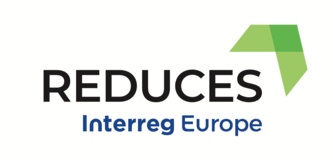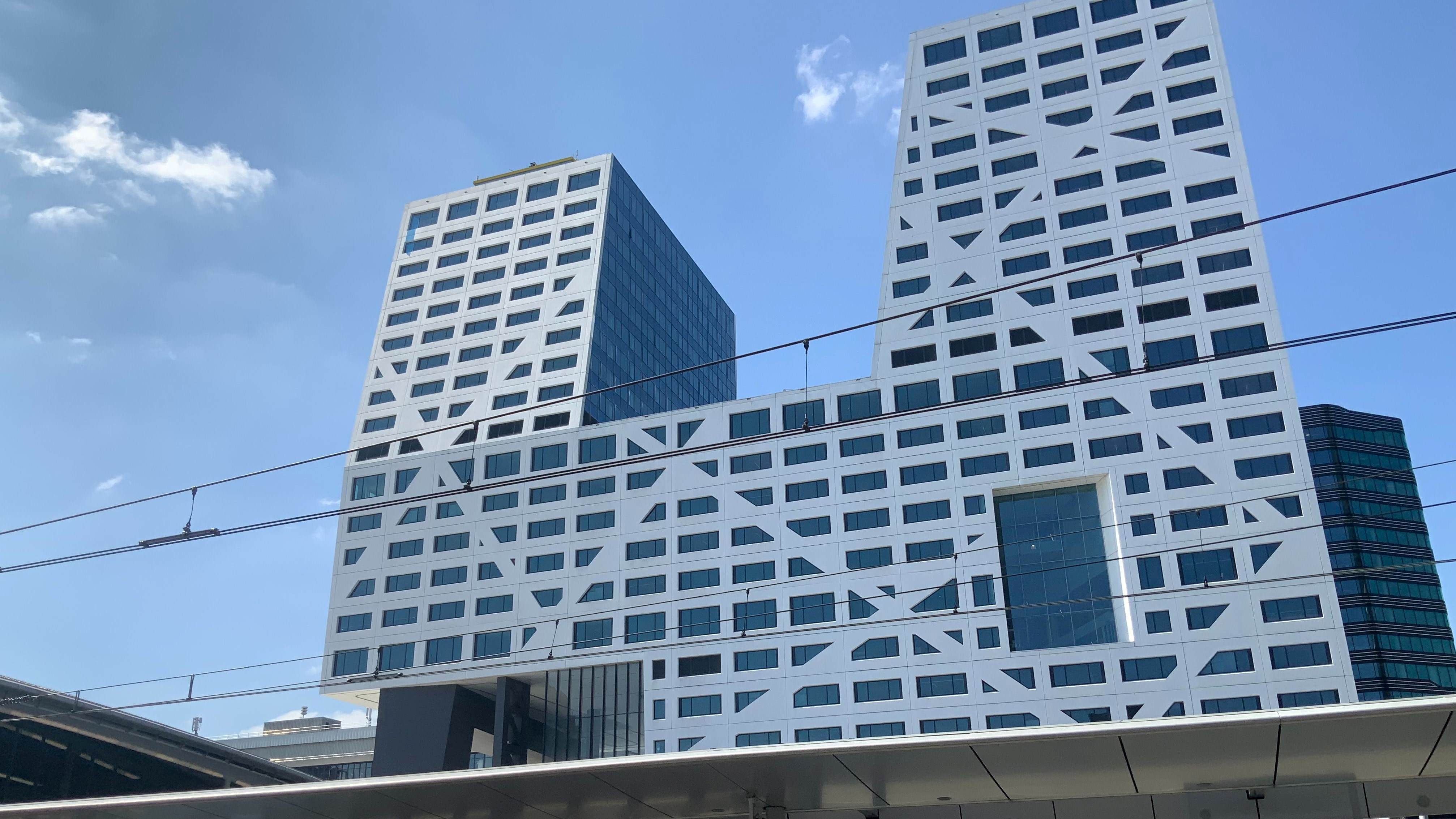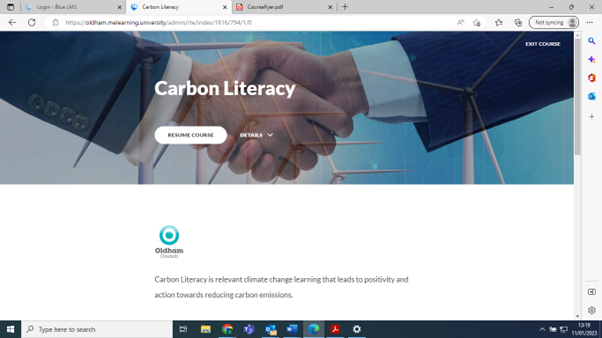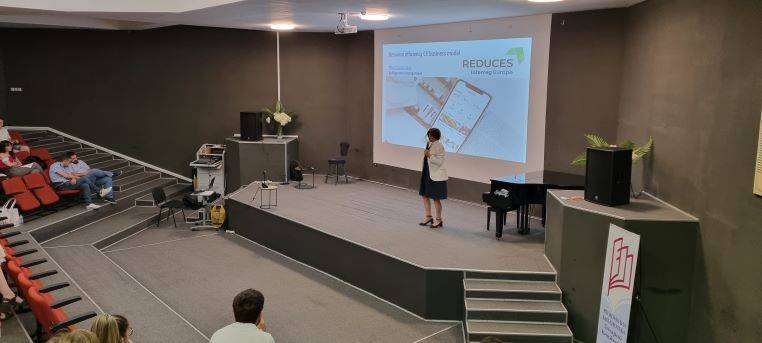The 4th regional meeting in Southwest Finland was arranged on October 8th as an online webinar due to the COVID-19 situation. The meeting focused on updating and learning about CE business models and sharing information on regional good examples.
Marleena Ahonen, Circular Economy Specialist in Sitra (the Finnish Innovation Fund), presented what ownership in CE means and how it changes. According to Ahonen, we should focus on how to get materials we already have in better use and how to get rid of loss materials.
A lot of things we own is rarely used: cars, clothes, offices, tools etc. Instead of purchasing new products, we should rent, buy access rights or fix the old product. Understanding the ownership in a new way and adopting new business models benefit companies. Sitra has focused on producer ownership thinking. It means that company owns the product throughout its life cycle and it is responsible for the function of the product. The customer does not pay for the ownership of the product but for using the product. When customer no longer needs the product, they return it to the company who repairs it and sells it further.
Tuomas Alijoki, Communications Specialist in Lounais-Suomen Jätehuolto (LSJH, waste company in SW Finland), presented the steps towards the end-of-life textile refinement plant. The plant is supposed to process Finnish households’ end-of-life textiles in 2023. LSJH has launched a pilot production line which will be open in 2021. The plant is the missing piece of CE of textiles and it brings business opportunities in many levels, e.g. in collection and sorting, refinement and utilization of recycled fiber.
In the end of the webinar, Jenni Suominen, REDUCES project manager from Turku UAS, told what kind of work REDUCES has done in promoting CE and the business models. The key message from Suominen was that more cooperation and information sharing is needed throughout the region and different stakeholders. In addition, three concrete case examples for product-life extension was presented and they all had linkage to building sector which has recognized to be a joint theme in all REDUCES partner regions.
The webinar was a good way to share information and discuss with the regional stakeholders in these circumstances when traditional face-to-face meetings are banned. About 20 stakeholders attended in the meeting from various organizations such as Tampere University, City of Pori and University of Turku.
Materials from the webinar (pdf; in Finnish)
Watch the webinar recording below (in Finnish).
03:20 Marleena Ahonen, Sitra: Omistajuuden uudelleenajattelu kiertotalouden liiketoimintamalleissa
23:55 Tuomas Alijoki, LSJH: Kohti poistotekstiilien jalostuslaitosta
48:45 Jenni Suominen, Turun AMK: Katsaus kuuden eurooppalaisen alueen liiketoimintamalleihin











